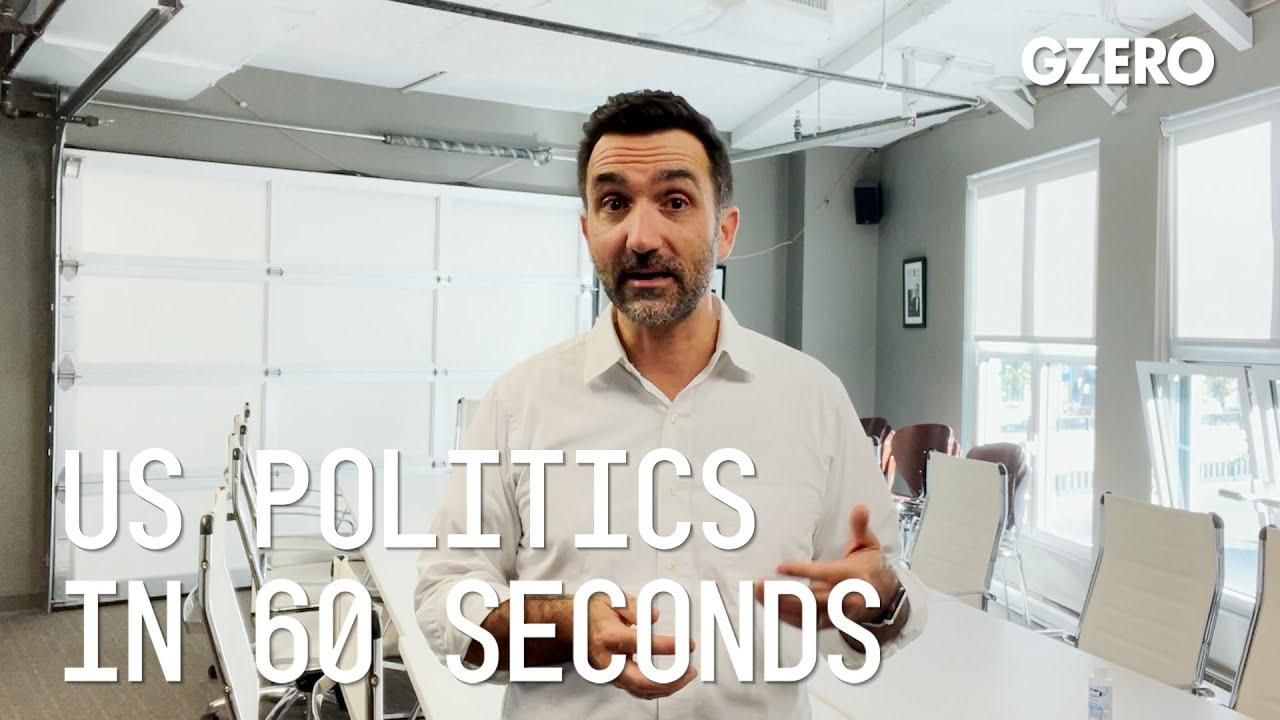
Jon Lieber, head of Eurasia Group's coverage of political and policy developments in Washington, shares insights on US politics:
How are Democrats going to finance their $2 trillion spending bill?
Well, I don't know. And the Democrats don't know either. The original idea was to undo a lot of the Trump tax cuts from 2017. This is a very unpopular tax bill that every Democrat voted against, but moderate Senator Kyrsten Sinema told the White House earlier this month that she's against any and all tax rate increases. This takes the top individual income tax rate going up off the table. And it takes the top corporate rate going up off the table. And it probably takes capital gains rates going up off the table. So, now the Democrats are scrambling to backfill that revenue that they can no longer raise through rate increases with other ideas. One of those ideas is a tax on the unrealized gains of billionaires.
This would be a radical departure from how the US taxes income. Typically, it taxes capital gains income when those gains are realized. And the proposal from the Senate Finance Committee would be to tax them on an annual basis based on the appreciation. So, in some cases, you could be taxing somebody on gains they haven't realized and forcing them to pay with money they don't have, forcing them to sell off assets. Unfortunately for Sinema, and Ron Wyden, and other Democrats who support this, moderate Senator Joe Manchin from West Virginia said he's against it. So, they've got to go to other ideas, such as a corporate alternative minimum tax. The US used to have such a tax in place before the Trump tax cuts, but it was repealed because it didn't raise that much revenue, and it was a little confusing and had high compliance burdens.
Now, the Democrats want to bring that back. It would involve taking away some of the deductions and credits that companies use to minimize their tax liability, and would apply to a very narrow group of companies, about 200. If you look at the corporate minimum tax, if you look at the billionaires tax, which would affect about 700 people in this country, you're looking at raising an awful lot of revenue from not a large number of people. And this is a really big problem because you're not going to be able to get all the way to $2 trillion in spending with these somewhat narrow tax increases. This party's a long way from ending though. They probably have weeks, or potentially months of negotiations ahead of them. They'd like to get an announcement this week before the President leaves for his trip to the G20, and the Glasgow Climate Summit. They may get something announced, but the details of that are going to be worked out over a long period of time.